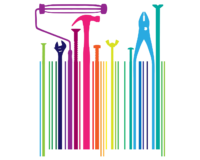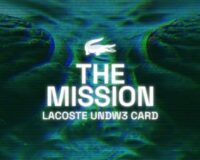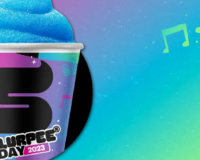Web3 Status of German retailers
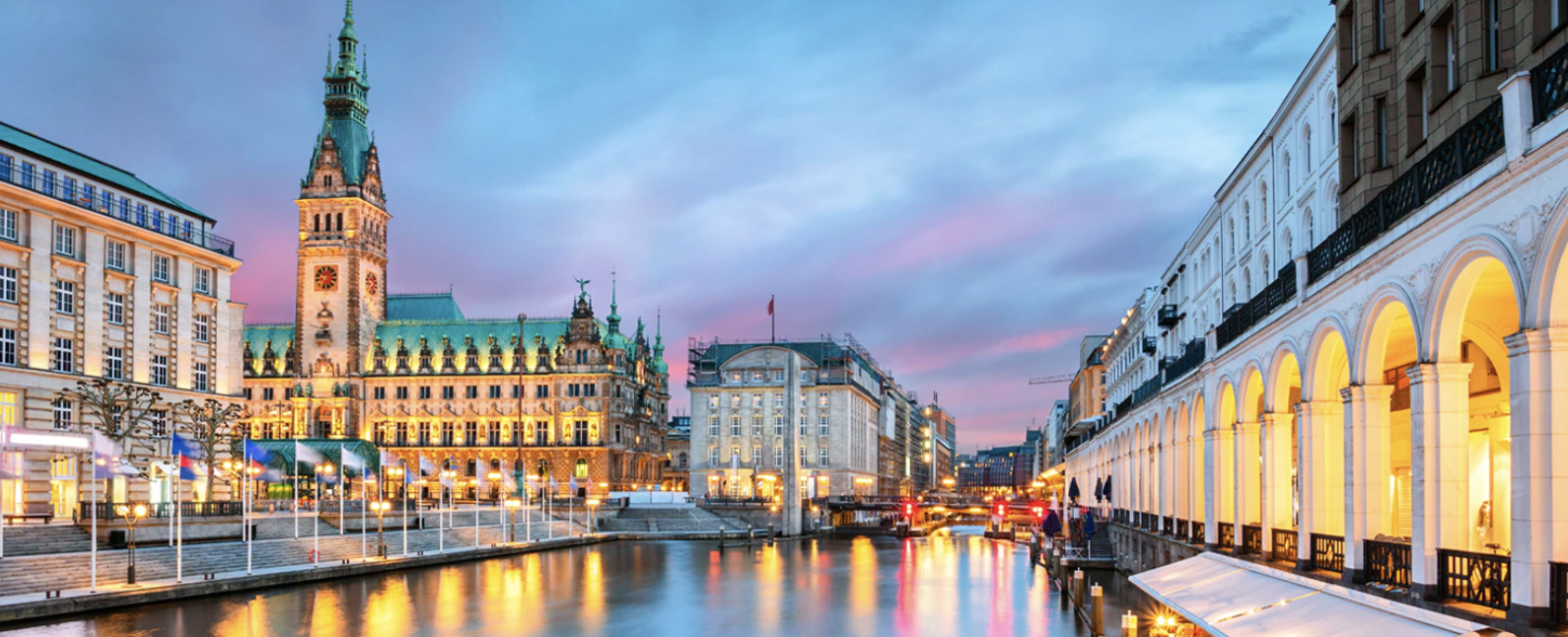
We were inspired by Mercedes, BMW, and Volkswagen group, the early adopters of blockchain technology, to take a closer look at the German Web3 ecosystem and research the local retailers and their place in it.
Before we dive deeper, we have to highlight that Volkswagen Group’s subsidiaries and brands have very successful and developed Web3 strategy, and to recommend everyone to check what Skoda has done in that respect.
To set a broader context of the Web3 ecosystem in Germany ecosystem it may be useful to be aware that according to the 2022 blockchain report German blockchain market growth from €7,5bn in 2022 is expected to reach €92bn by 2030. An interesting fact is that about 9% of all Bitcoin nodes and 14% of Ethereum validators are in Germany, which makes this country, with 22.8% of nodes, the home to the second largest concentration of network validators.
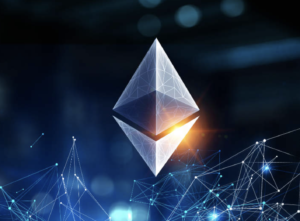
We are pointing this fact out since it was not easy to get much information about Web3 projects of German retailers, probably due to their discreet marketing, and at first glance, it may seem that not many things are happening in that respect in retail in this country. However, we can guess that we should just wait for some time to hear about it.
Let us start with a well-known brand that uses its Web3 projects for marketing purposes while also generating high revenue from NFTs sales. Adidas – one of the earliest brands to enter Web3 already at the end of 2021. The European largest sportswear manufacturer first acquired land in Sandbox, a virtual gaming world build on blockchain technology, and joined the Bored Ape Yacht Club, the biggest company in the NFT world. Adidas’s commitment to Web3 reflects through numerous strategic collaborations with prominent Web3 players and consistent launches of NFT projects. The brand is active in Metaverse, sells virtual gear, and provides physical merch for their NFT holders. Adidas of course took a part in Metaverse Fashion Week in Decentraland 2022 and 2023.
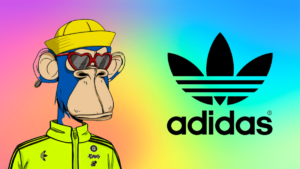
As far as Luxury brands are concerned, Hugo Boss seems to also have a determined strategy for reaching a younger audience. The company first entered the Web3 ecosystem in 2021 with its small NFT collection accompanied by its physical twins and in 2022 they launched an NFT collection for International Women’s Day. The first big NFT collection was launched at the end of 2022 under the new Gen Z brand Hugo and included a metaverse experience as well. The NFTs represent 3D animated characters associated with certain emotions and aim to raise awareness of mental health issues. The NFT holders get merch, discounts, and other benefits. Hugo Boss took a part in Metaverse Fashion Week in Decentraland 2022 and 2023 as well.
Another German fashion brand with a developed Web3 strategy is Puma, which launched its own 3D Metaverse platform for its NFT community.
Last year as well, German online fashion retailer About You launched a digital fashion NFT marketplace.
Outside the fashion industry, we found that the confectionery manufacturer Katje Fassin entered the Web3 space in May 2022 with its first NFT collection. They did everything well but faced criticism from their Web2 community on Twitter about their decision to use blockchain in their business strategy.
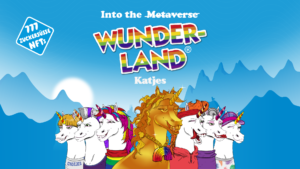
We could not find any NFT projects among traditional retailers, apart from Dm Drogerie, but only in their companies in Check Republic and Croatia where they launched small NFT projects as a first step into Web3. Apart from the NFT collection in Check Republic DM also launched its web3 academy program.
Edeka, the largest German supermarket corporation, use to accept Bitcoin for their online home delivery service back in 2015. This payment option is not available now, nor do they seem to use blockchain for food traceability. Neither none of their subsidiaries, Netto and Marktkauf, have NFT or metaverse-related projects.
The Schwarz Group, the largest European retailer, stepped into the world of metaverse by the purchase of land in one of Nintendo’s most popular and best-selling games, where their brand Kaufland made an island named “Kaufisland” in 2022. On this island, Kaufland has opened its store and players explore the world of a food market and learn where the groceries come from and what is happening with bottles from the deposit machine. This concept prevails on the whole virtual island and it is a part of Kaufland’s sustainability strategy. We are waiting to see further business models that will emerge from “Kaufisland” in the future. For now, Kaufland uses metaverse only for marketing purposes to approach and engage with their target audience there. (Let us just mention that MCM also enter the Metaverse in 2020 by making their collection available in the Nintendo game “Animal Crossing”.)
Rewe Group uses blockchain to store research data conducted in order to stop male chick culling and provide an alternative to consumers to make conscious food choices and buy eggs without male chick culling to support sustainability and animal welfare. In 2020 Aldi implemented a blockchain solution for the seafood supply chain in Ireland. It seems that in 2022 Aldi ads have popped up at various spots in the virtual world Decentraland, but there is no further official information about this campaign. Metro Ag – Metronom/Wipro, started exploring blockchain technology in 2018 and created a new use case for blockchain as a completely new storage system for raw data from different systems.
As you can see, it seems that German retailers wait before starting to use NFTs for marketing and loyalty programs.
However, we will close this article with MetaBrewSociety, the first worldwide Web3 Beer Brand and successful NFT project. The project founders purchased a brewery and applied the Web3 approach from the very beginning. They have launched several NFT collections which provide special utilities to the holders, like a specific amount of crafted beer delivered to holders’ homes, holders’ logos on the can, discounts tickets for their festivals, etc. They also plan to form a DAO, a form of organization that operates on the blockchain, and enable the NFT holders to vote on MetaBrewSociety business decisions, like which beer to brew, and in which city to open the next beer shop.
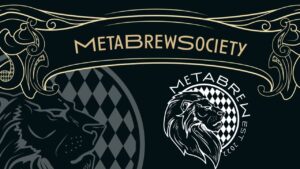
Taking everything into account, we are eagerly waiting to see major German retailers embracing Web3 strategies and developing NFT projects for marketing purposes.
